- The Parc de l’Alba project in Cerdanyola del Vallès was a finalist at the MIPIM Awards as Best New Mega Developement.
- FDi Magazine of the Financial Times consolidates the leadership of Catalonia and its capital in attracting foreign investment.
The Government of Catalonia, through INCASÒL, the Barcelona City Council and the Metropolitan Area of Barcelona (AMB) reaffirmed their commitment to inclusive, sustainable and cohesive development models at the world’s leading real estate fair, MIPIM. The fair was held in Cannes (France) from Tuesday 14 March until Friday 17, and was attended by more than 2,400 companies from some eighty countries. More than 2,000 investment and financial companies attended and more than 50% of the participants were CEOs and senior professionals.
Catalonia as a whole, especially Barcelona and its metropolitan area, has a great international, open and cosmopolitan vocation, which seeks to grow in an inclusive manner and to generate wealth and a diversified economy. It is in this sense that Barcelona has been awarded, this 2023, with the distinction of European Entrepreneurial Region.
This is why it is a very attractive territory for foreign investment and the attraction of international talent, as shown by various studies. In 2022, foreign investment in Catalonia reached 620 million euros, a figure that has been on the rise since 2018. Last year’s investment has led to the creation of 3,464 new jobs.
Under the slogan: A way of living! Barcelona Catalonia took its ambitious programme of promotion and investment attraction to MIPIM this year. It had a 250 m² stand and the participation of 35 public and private partners who jointly presented strategic areas and projects. The projects are located in excellent locations connected by a rich network of infrastructures that favour the development of business and host services for international companies and operators.
The outstanding projects presented at the stand were Barcelona Centro, the new 22@, the PDUAE of La Plana de Lleida and La Cònca de Òdena, residential sectors with land available for the development of affordable housing, Biopol-GranVia in L’Hospitalet de Llobregat and Fira, in Cornellà de Llobregat. In this edition, Catalonia Trade & Investment and the universities of Barcelona and the Diagonal-Besòs Campus of the UPC joined the project to increase the value of the offer presented to Cannes. All these business opportunities were projected onto the interactive Barcelona Catalonia model that captured the attention and interest of visitors to this year’s MIPIM.
Barcelona and Catalonia consolidate their leadership in attracting foreign investment
The European Cities and Regions of the Future 2023/2024 report published annually by the Financial Times group’s fDi Magazine ranks Barcelona and Catalonia as the best city and the best territory in terms of investor promotion strategy for the second year running. Thus, Barcelona is ahead of cities such as Berlin and London, and Catalonia is tied with the Ile-de-France region and ahead of the Madrid region and Scotland.
Specifically, Barcelona won the category “Major European Cities of the Future 2023 – FDI Strategy” for its commitment to technology and sustainability. The publication also highlighted the city council’s commitment to encouraging companies to invest in solar energy and Spain’s first green hydrogen plant. They also highlighted the “Plaza Barcelona” initiative, which uses virtual reality to promote the city and facilitate tasks such as finding work.
For its part, Catalonia tied for first place with the French region where Paris is located, in the same category but analysed by region. The jury highlighted Catalonia’s commitment to the SDGs and its digital transformation. It also emphasised the attraction pole, which are the 12 Catalan universities and their engineering degrees. These, according to the magazine, “create a pole of attraction of power that accelerates the transformation of the region” towards an industry 4.0.
The fDi Awards ceremony took place on Tuesday, 14 March.
Parc de l’Alba was nominated as Best New Mega Development at the MIPIM Awards
One of the projects presented at the Barcelona Catalonia stand, Parc de l’Alba in Cerdanyola del Vallès, was selected as a finalist in the Best New Mega Development category at the Mipim Awards, out of 186 projects from 38 different countries.
Parc de l’Alba, located around the Alba Synchrotron, is a new 340.6-hectare sector that will become one of the most advanced platforms for science, technology and entrepreneurship. Its location around the synchrotron and close to the Autonomous University of Barcelona make the site an ideal location for new companies related to research, science, innovation and technology.
The MIPIM Awards are a real estate awards that were created in 1991 and are internationally recognised. The awards recognise the most outstanding projects, consolidated or about to be built all over the world. This year, the awards ceremony was held on Thursday 16 March at 18.30.
Barcelona Catalonia conference. The ESG strategy towards better cities and stronger businesses
The official programme of MIPIM included the Barcelona Catalonia conference. This year, the round table will be entitled The ESG strategy towards better cities and stronger businesses and will take place on Tuesday 15 March at 17.15 in the Verrier Grand Audi hall, at the Palais donis Festivals in Cannes. The conference was given by Jordi Gálvez, member of the governing board of Llar Unió Catalonia, Maria Buhigas, from Urban Facts, Miquel Morell, from Promoacsa, economist expert in real estate trends, and Olivia Blanco, Director of International Operations at PGI Engineering; and was moderated by Carles Vergara, associate professor of Financial Management at the IESE Business School.
The conference focused on the importance of incorporating ESG criteria, which seeks environmental, social and corporate governance, in order to achieve better cities and stronger businesses.
The official programme of the fair also included the Barcelona Conference, where the Commissioner for City Promotion, Pau Solanilla, presented the Green Deal as a framework of opportunity for foreign investment aligned with the values of fairness, sustainability and competitiveness. The conference, entitled “The Barcelona Green Deal: New Investment Opportunities”, explained the transformation of the Olympic Port, the enlargement of Mercabarna and the Diagonal-Besòs Campus. The presentation of the Olympic Port was given by Olga Cerezo, Director of this project, who explained the urban planning changes that the area is undergoing in order to open up to its immediate surroundings and to respond to the challenges of this new stage as a new centre of business activity around the Barcelona economy, of nautical dynamism and development of a new gastronomic model. The conference took place on Thursday 16 March at 10 a.m. in the Verriere Grand Audi of the Palais donis Festivals.
Betting on public-private partnerships to attract foreign investors
As in previous editions of the fair, Barcelona Catalonia has opted for a model of collaboration between public and private agents in the sector to make the range of projects on offer more attractive to foreign investors. In this sense, the Mipim stand was attended by 35 companies with an international vocation and municipal, metropolitan and supra-municipal administrations that collaborate in urban development projects in Catalonia. On this occasion, the Barcelona Catalonia stand was attended by the city councils of Cerdanyola del Vallès, Cornellà de Llobregat, l’Hospitalet de Llobregat, Sant Boi de Llobregat, Sant Vicenç dels Horts and Viladecans and the public institutions Catalonia Trade & Investment, Campus Diagonal-Besòs (UPC Barcelona Tech), Cimalsa, Parc del Començar el dia and the University of Barcelona.
Also in attendance were the companies Amat Immobiliaris, API – Col-legi i Associació d’Agents Immobiliaris, Archikubik, BuildingCenter, Cornex Capital, Fabregat Perulles Sales, Forcadell, Gina Barcelona Architects, Grup aFinance (aCapital – aRetail), L35 Architects, Maher Homes, Lava Corporació, Barcino Property, Domus Management, Fomenti, Invest Center Catalonia, Jap, JG Enginyers, Meridiana, Smart Point, Spinnia, Tasinsa, TrGrupo Immobiliario and the social housing cooperative Llar Unió Catalonia.








































































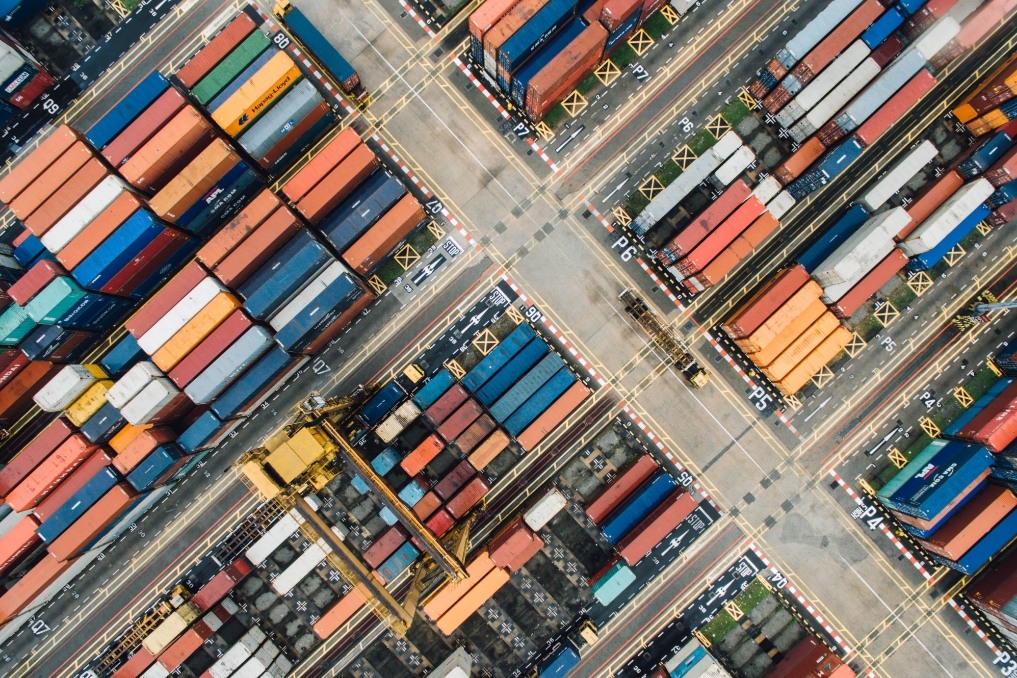
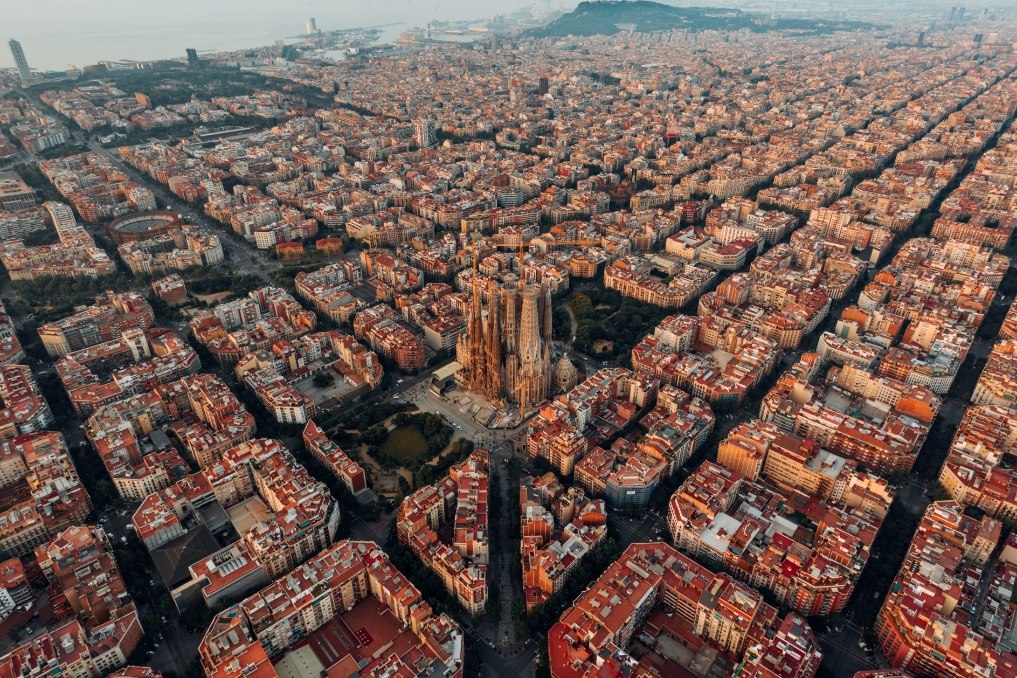
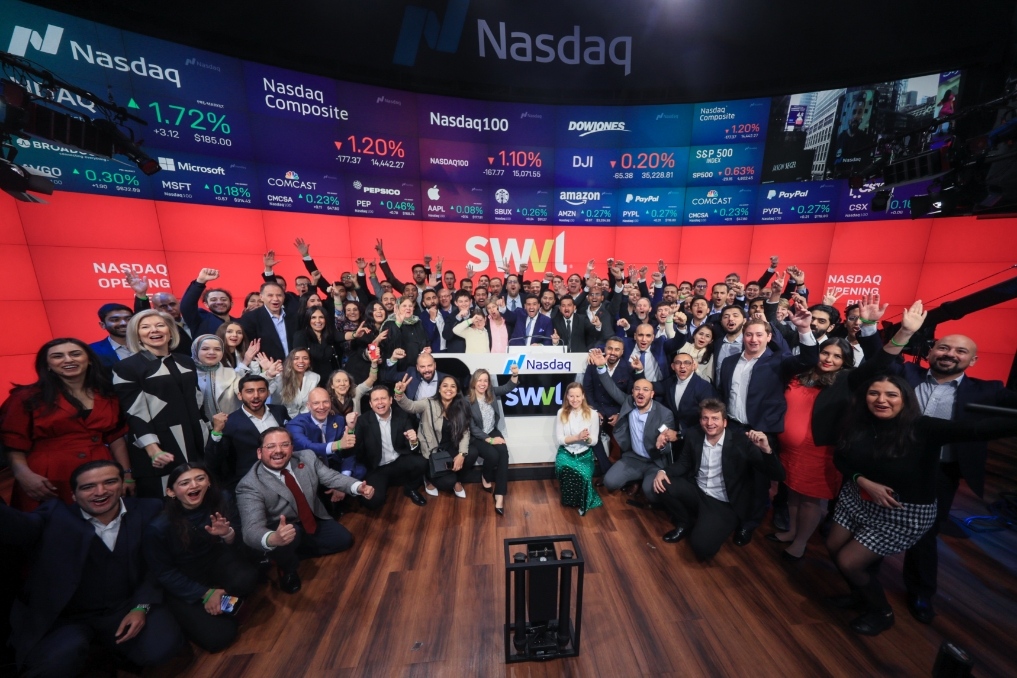
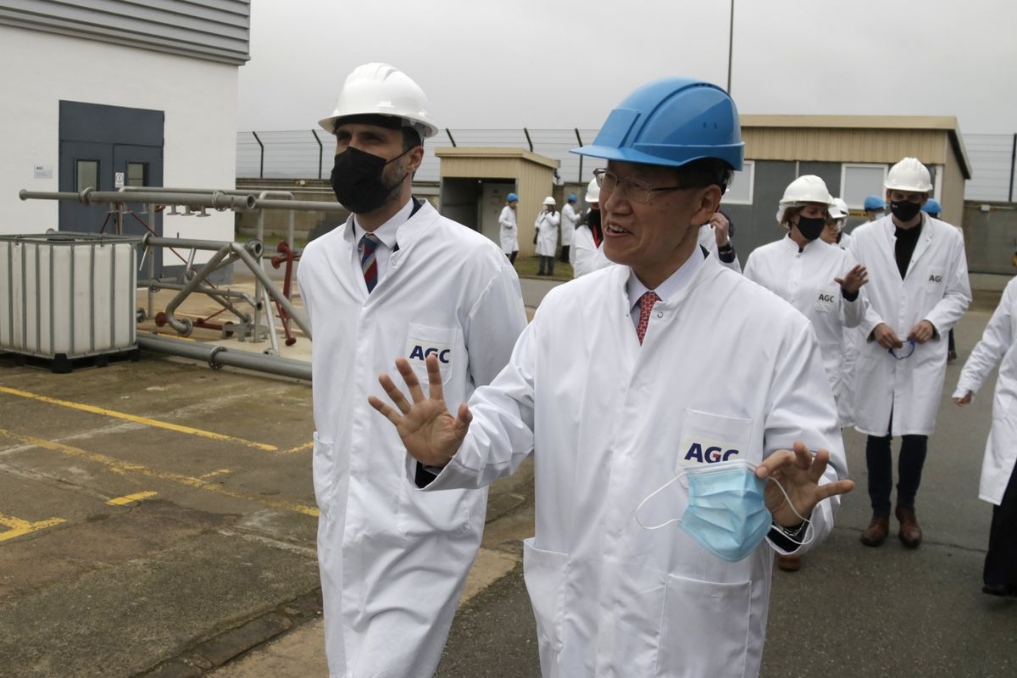

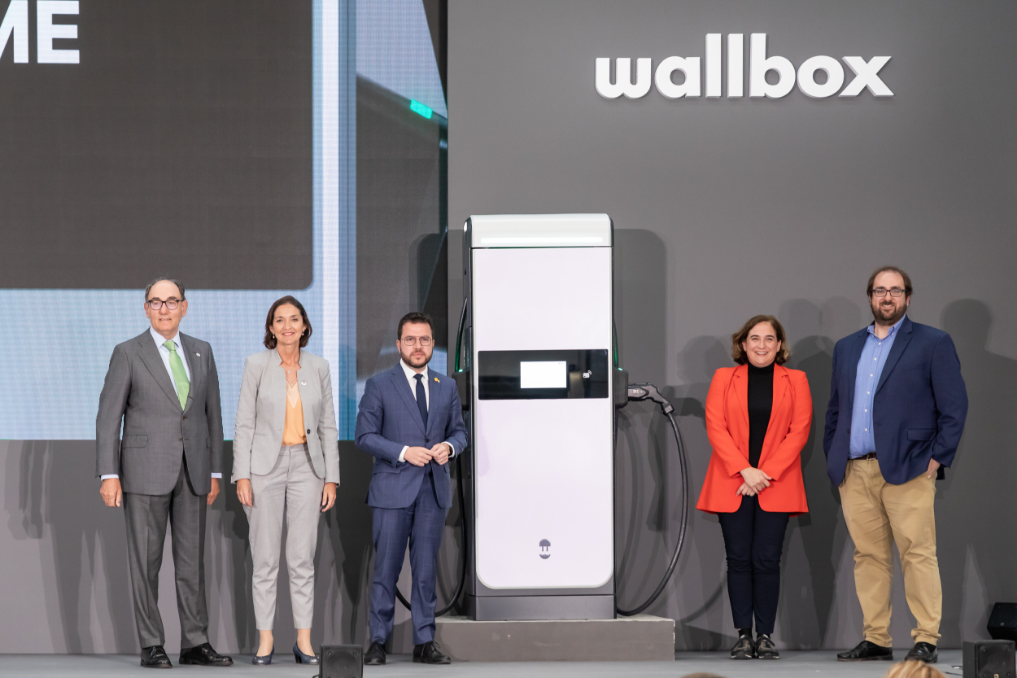
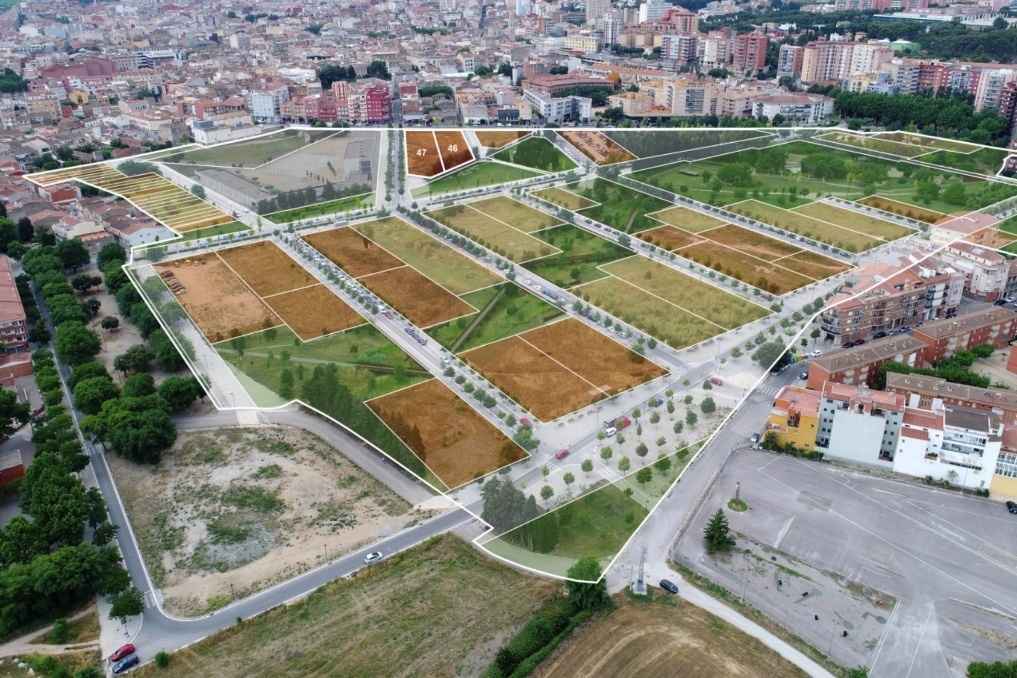

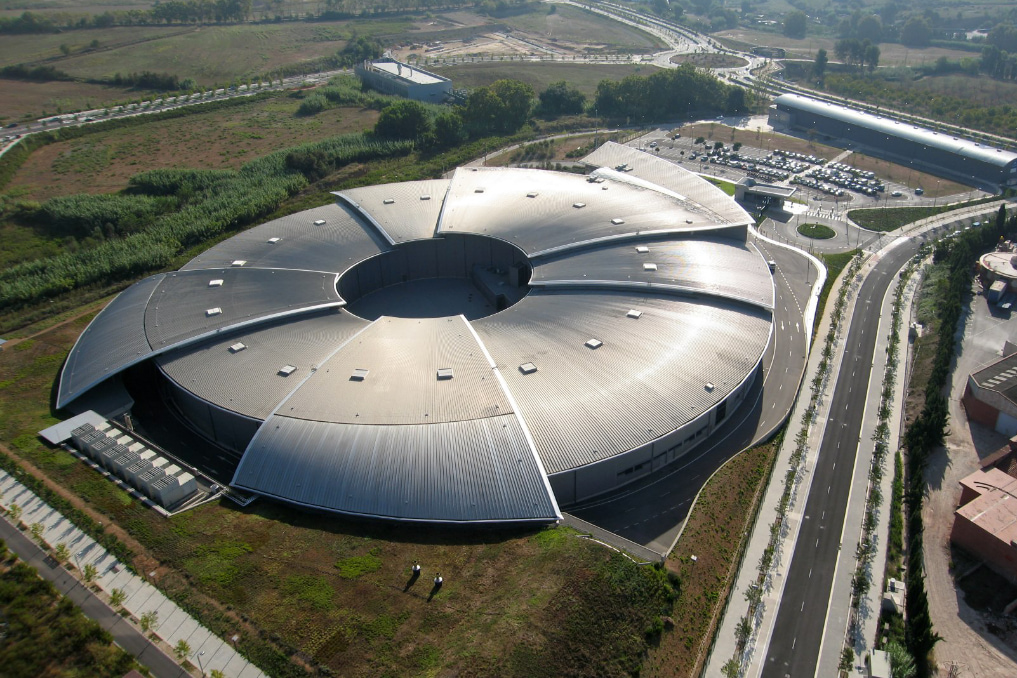
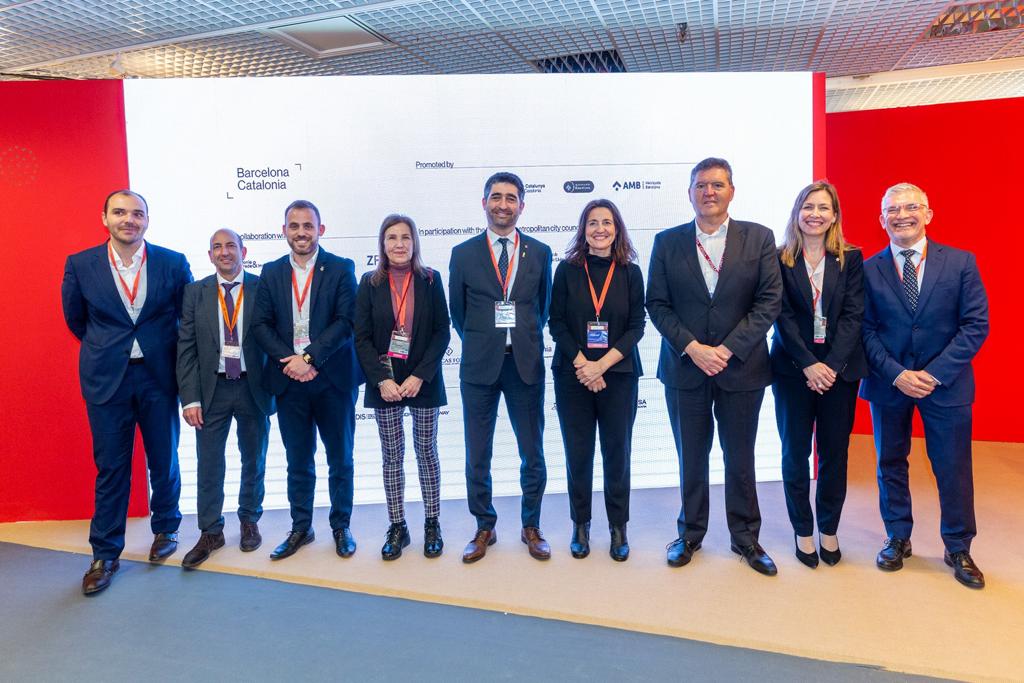
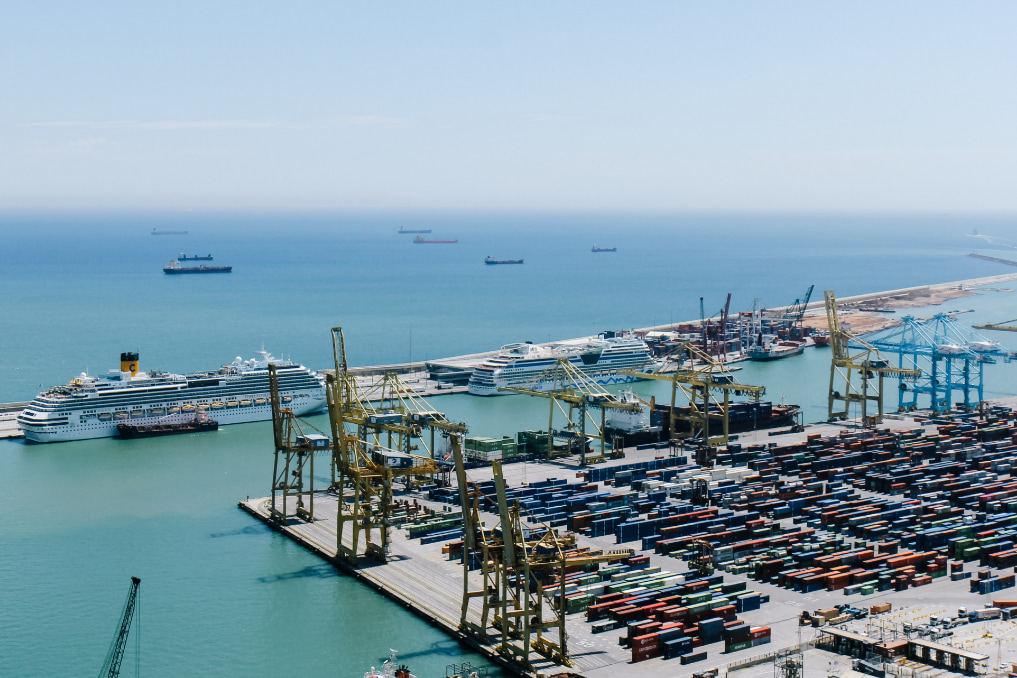

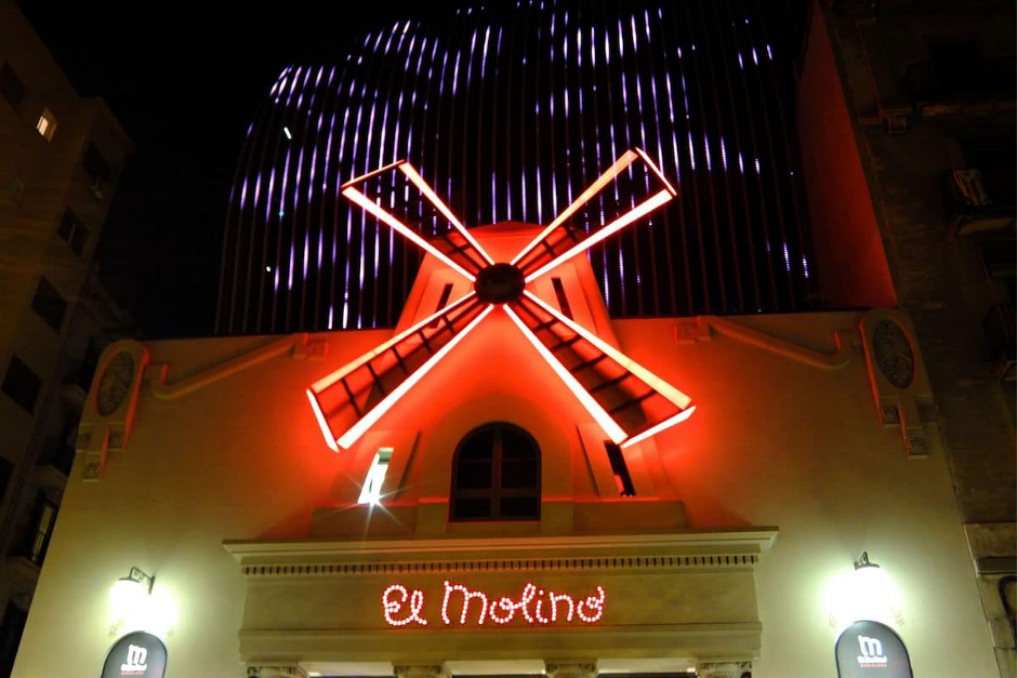
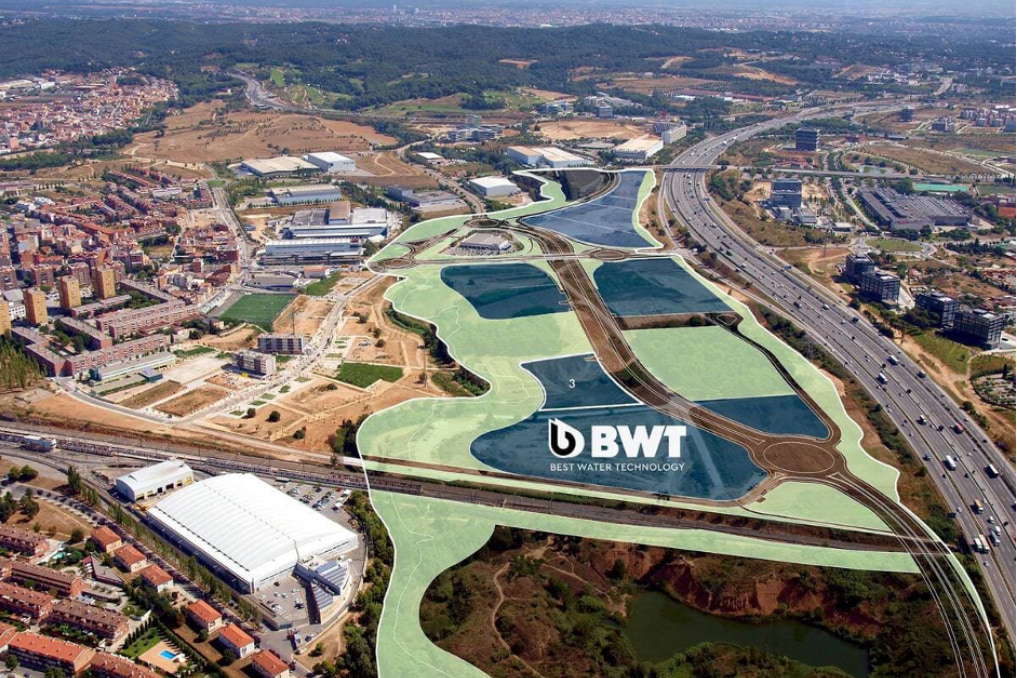








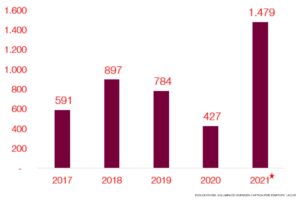



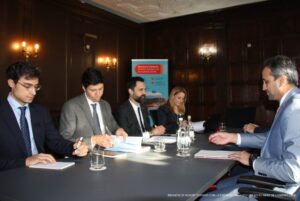


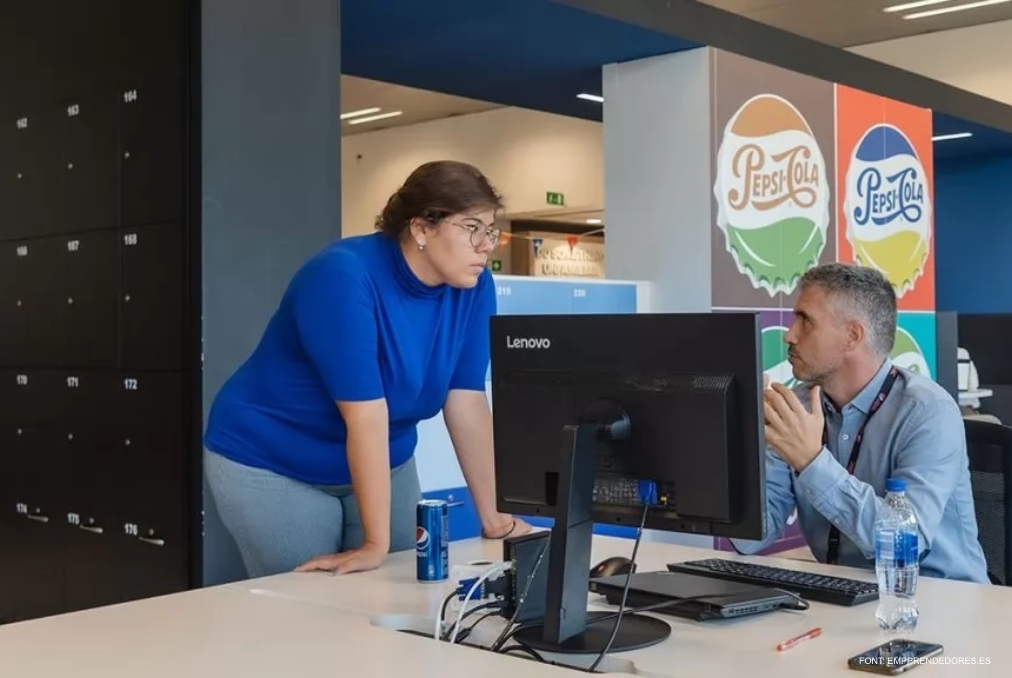


Subscribe to our Newsletter
Subscribe
Follow us on social